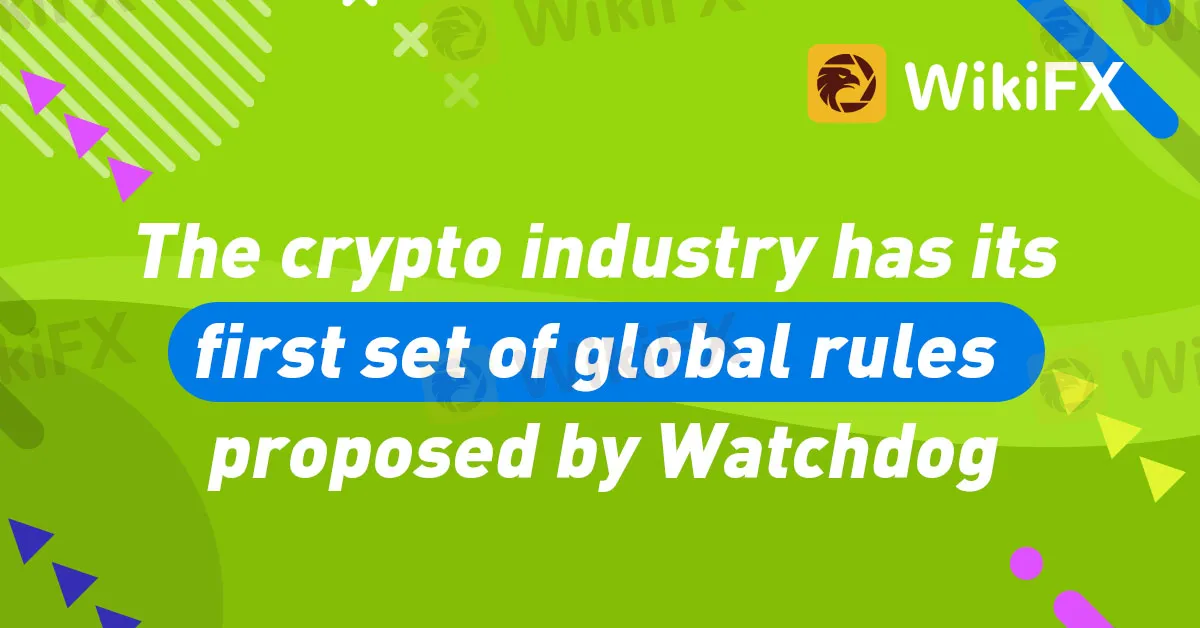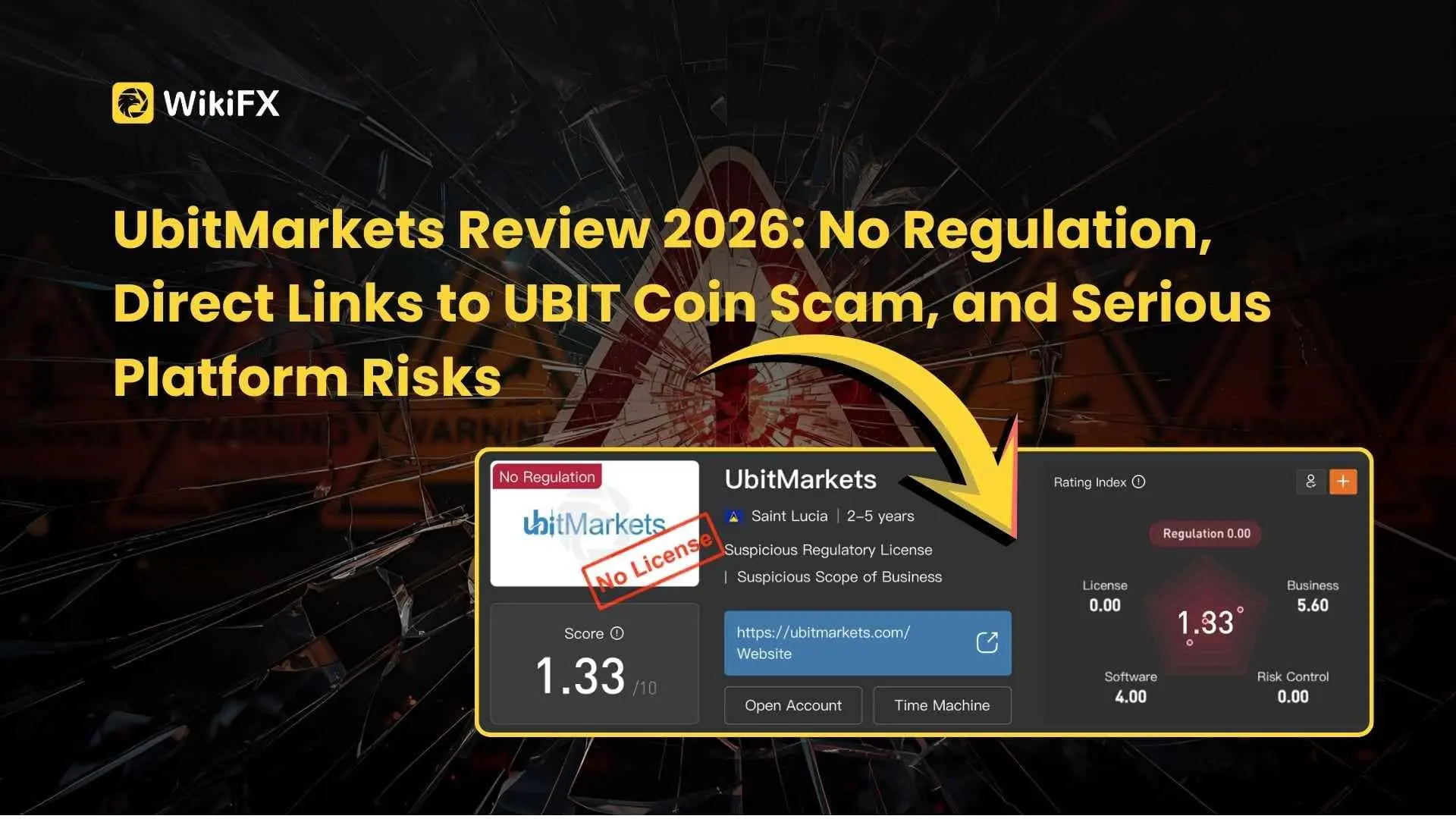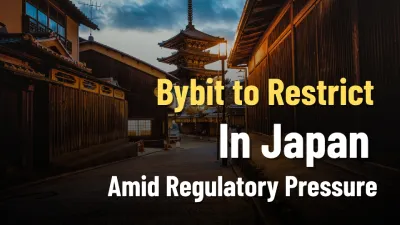UbitMarkets Review 2026: No Regulation, Direct Links to UBIT Coin Scam, and Serious Platform Risks
UbitMarkets review reveals no valid license and direct links to a fraudulent project, raising serious concerns over investor fund safety.
简体中文
繁體中文
English
Pусский
日本語
ภาษาไทย
Tiếng Việt
Bahasa Indonesia
Español
हिन्दी
Filippiiniläinen
Français
Deutsch
Português
Türkçe
한국어
العربية
Abstract:According to Reuters, the International securities watchdog IOSCO has introduced a groundbreaking global framework for regulating crypto assets and digital markets, taking into account the lessons learned from the FTX exchange collapse last year.

According to Reuters, the International securities watchdog IOSCO has introduced a groundbreaking global framework for regulating crypto assets and digital markets, taking into account the lessons learned from the FTX exchange collapse last year.
In response to FTX's liquidity crisis and subsequent U.S. bankruptcy proceedings, there has been a growing emphasis on customer protection within the industry. While the sector has traditionally focused on complying with anti-money laundering checks, there has been a widespread call for a unified regulatory approach to address the differing rules and regulations across jurisdictions.
Regulators from around the world recognized the need for rules governing crypto “conglomerates” like FTX, which engage in multiple activities without sufficient safeguards for customer assets, thus leading to conflicts of interest.
The recent unveiling of IOSCO's plans marks a pivotal moment in managing the risks associated with cryptoassets, such as bitcoin and ether. Jean-Paul Servais, Chair of IOSCO, stated that the crypto business has expanded on an imperfect foundation and requires correction.
Matthew Long, Director of Digital Assets at the Financial Conduct Authority in Britain, emphasized the importance of ensuring the safety of the crypto market, particularly in light of recent global events.
Haydn Jones, Global Lead of Blockchain and Crypto Solutions at Kroll, praised frameworks like IOSCO's for their ability to prevent criminal activity and promote the widespread benefits of underlying crypto technology.
The proposed 18 measures aim to incorporate established safeguards from traditional financial markets, addressing conflicts of interest that may arise during various stages of a crypto transaction. IOSCO intends to finalize these standards by the end of the year and expects its 130 members worldwide to adopt them, filling gaps in their respective regulatory frameworks and harmonizing the industry.
IOSCO, composed of regulatory bodies such as the U.S. Securities and Exchange Commission, Japan's Financial Services Agency, Britain's Financial Conduct Authority, and Germany's BaFin, is seeking public input on the regulations.
This development follows the European Union's recent completion of the world's first comprehensive set of rules, placing pressure on other countries, including the United States and the United Kingdom, to establish their own regulatory norms.

Disclaimer:
The views in this article only represent the author's personal views, and do not constitute investment advice on this platform. This platform does not guarantee the accuracy, completeness and timeliness of the information in the article, and will not be liable for any loss caused by the use of or reliance on the information in the article.

UbitMarkets review reveals no valid license and direct links to a fraudulent project, raising serious concerns over investor fund safety.

Is withdrawing capital from PaxForex too difficult for traders? Has the China-based forex broker made you trade gold, silver and cryptocurrencies despite not having an office in the United States? Do you find its operational style suspicious? You are not alone! Several traders have expressed these concerns when trading with the broker. In this PaxForex review article, we have exposed the broker through user comments made on several review platforms. Take a look!

When traders ask, "Is OneRoyal legit or a scam?" The answer isn't simply yes or no. OneRoyal is a trading company that has been running for almost twenty years and has important licenses from top financial authorities. This background puts it far away from typical quick scam operations. However, questions about whether it's trustworthy are reasonable and often come from its complicated business structure, the use of overseas companies, and a pattern of specific, serious complaints from users. This article aims to go beyond marketing claims and provide a fact-based analysis of OneRoyal's trustworthiness.

Crypto exchange Bybit will limit access for Japanese users in 2025, citing compliance with strict local regulations.
